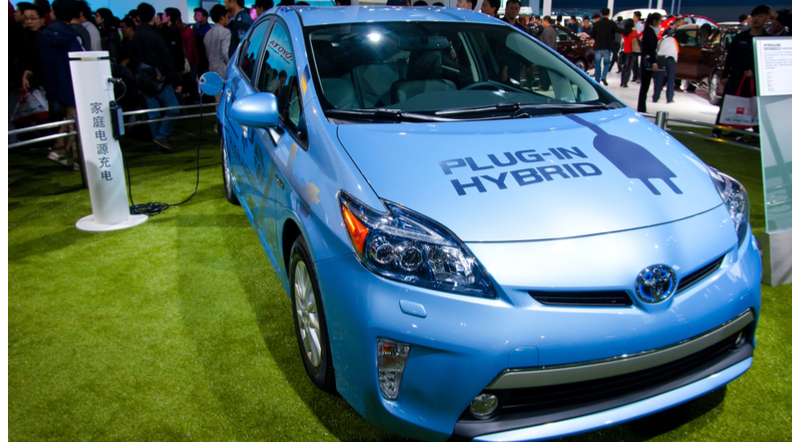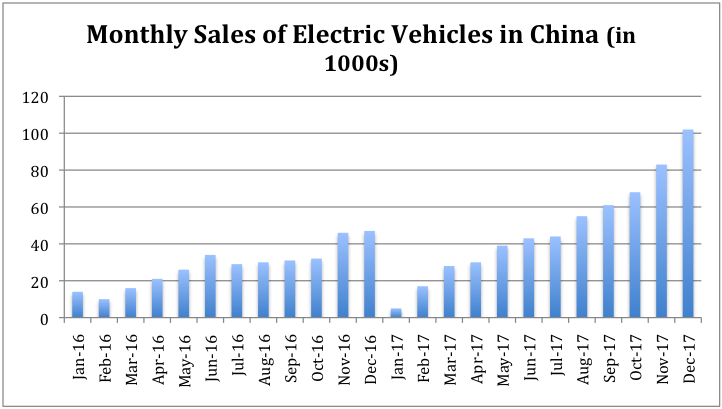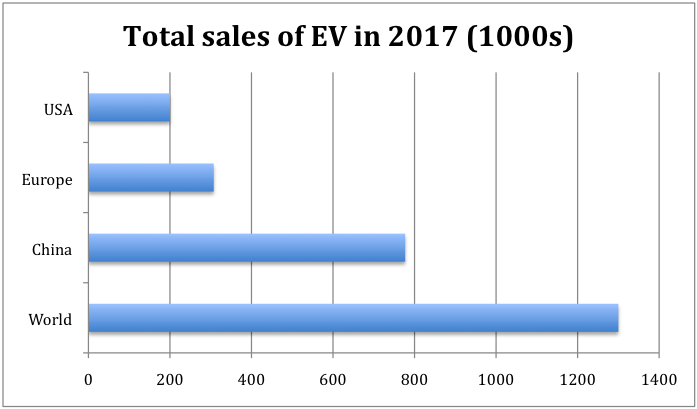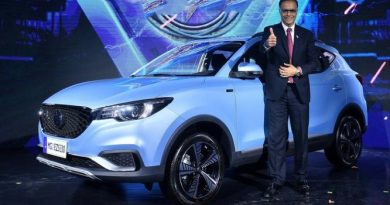In Electric Vehicles, it’s China vs the World

By: Aishwariya Chauhan

Fact.China is way ahead of its counterparts and is leading the way in the race to establish itself as the global leader of electric and fuel-efficient vehicles.
China’s bid to become a global leader in EVs comes as a result of its rising air pollution, besides the opportunity it sees for world domination in this nascent industry. It is estimated almost 30% of China’s air pollution is due to car emissions. It is also a key strategic move for the country to move away from gasoline in order to reduce their dependence on the current oil imports.

In 2017, China accounted for more than half of the total global sales of the estimated 1.3 million electric vehicles sold worldwide. To put it in a narrower perspective, out of all the PEVs sold in 2017 worldwide, 47% were of Chinese carmakers. The rise in demand for electric vehicles in China hit a record high in December 2017 with electric vehicles constituting 3.3% of that months market share. The year 2017 saw the total market share of electric vehicles ending at 2.1%, which was a massive improvement from 2016’s share of 1.5%. It also placed China ahead of the US whose EV market share ended at 1.5% and Europe at 1.9%.
China is heavily invested into policies regarding electric vehicles. The Chinese Government is targeting to have 7 million electric vehicles on road by the year 2025 and is estimated to spend $60 billion in electric vehicles in the half decade preceding 2020. From 2019 all automotive manufactures will have to buy credits or pay fines if they miss the target for producing zero or low emission cars. The Government has threatened to block automotives that don’t make EVs from selling traditional cars and hence have ensured every automaker will have an EC model by 2019. In addition to the policies China offers high subsidies to EV manufactures as well as buyers, offering up to $15000 off per vehicle.
The skeptics claiming that the Chinese EV scheme is based purely on subsidies and policy support will cause the market to tank once the government becomes stringent, have had to eat their words. Even after Beijing cut subsidies by 40% and introduced higher technological standards, the EV sales and production remained unaffected and in fact rose up to 11% in the first eleven months of 2017. The reason for this is the massive demand in the market for electric vehicles, one in three people from China are ready to invest in EVs as opposed to conventional fuel vehicles even if they have to pay more.

China’s aggressive approach to EVs has paved the way for Chinese battery companies to dominate the world market, which has been led by South Korean and Japanese companies like Panasonic for the past three decades. Last year Beijing called for companies to double their electric vehicle battery capacity by 2020 and encouraged them to invest in overseas factories. In a study conducted by Goldman Sachs, it is estimated that the global market value of lithium ion batteries will reach $40 billion by 2025 and the country heading it will be China. China’s pipeline of planned battery plants is set to triple that of the worlds. CATL China’s leading lithium-ion battery producer has a capacity to produce 17.5GWh of batteries and is slated to produce more than Tesla’s gigafactory by 2020, essentially making it the largest factory in the world. CATL reaps benefits from competitive government policies to acquire minerals needed for battery makers. China is securing key supplies of lithium, nickel and rare minerals and its companies are estimated to supply 62% of the world’s cobalt. This combined with the upcoming IPO offered to battery manufactures in China, CATL is set to become the globes number one battery cell maker.
True to their cause of dominating the EV sector the Chinese Government has pledged to build a charging station for every electric vehicle on the road by 2020. In an ambitious plan, China plans on setting up 4.8 million charging outlets by 2020. The project is funded mostly if not all by the state. It though worthwhile to know that China has 190,000 charging poles and stations in place currently which is more than anywhere else in the world including the US who only have 44,000 charging outlets and 16,000 charging stations.
Many may question China’s current status as the leader of the electric vehicles sector due to its lack of physical presence in the global market as opposed to Tesla, who is synonymous with electric vehicles. Tesla’s record of a third quarter loss of more than $600 million and its struggles with basic manufacturing has impacted it’s sales around the world. Whereas, China whose high domestic demand for EVs constituted to Chinese companies like BAIC selling nearly 16% of all the EV batteries sold worldwide in the month of November 2017, just goes to show how far ahead in the game China really are. With companies like GAC Motors planning on introducing their cars in the US as soon as next year, it won’t be long before we see Chinese automotives burst out and completely take over the worlds market in electric vehicles.
China’s increasing investments in EV manufactures, battery producers and infrastructures will soon make it the sole leader in the EV sector and in a way monopolise the market in its favor.
Published on: Mar 21, 2018
![]()




